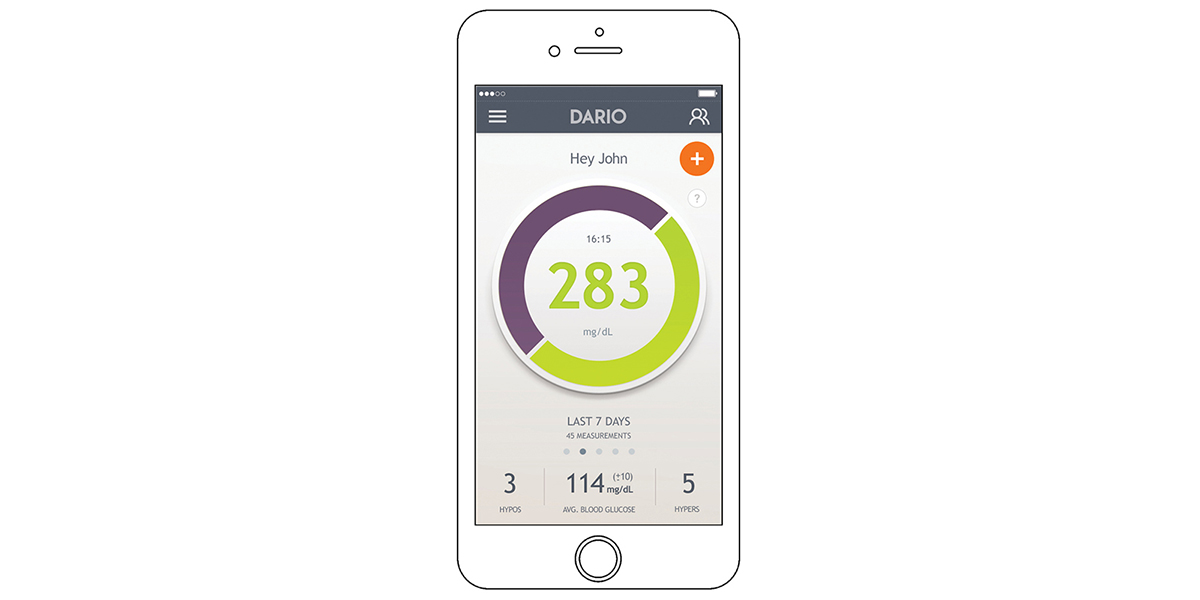Paging Doctor iPhone

Illustration for Chris Gash
Your phone can text, call, and email. It can take photos and videos. And, in the hands of the right people, it could be the next tool in health research.
An increasing number of scientists are collecting real-time medical data directly from patients, often using apps and social media in place of, or in addition to, traditional clinical trials. In October, for example, Boston Children’s Hospital built an app called C Tracker using ResearchKit, an open-source program for creating iOS health apps. The app allows the hospital to collect personal information—like medication use, diet, and overall condition—from hepatitis C patients via their smartphones. In the short term, those data points illustrate patients’ quality of life, says Ken Mandl, director of the Computational Health Informatics Program at Boston Children’s. In the long term, it could help formulate new hepatitis treatments.
Mandl says C Tracker is just one example of how health apps can affect research. “We can actually see how patients are doing in their own lives in a way that’s relatively noninvasive, completely permissioned by the patient, but gives us insight into how our therapies are working,” he says.
Further, Mandl says the friendly, familiar interface of apps like C Tracker increases the odds that study subjects will participate. More important, he explains, mobile health apps do what traditional clinical trials have failed to: put patient outcomes first. “This ResearchKit app adds patient perspective and the patient experience [to the data],” he says. “It’s a real-time aspect.”
ResearchKit is not, however, beloved across the board. Julliette Ehlert, a senior manager at Cambridge digital healthcare consultancy Medullan, says ResearchKit apps potentially skew results, as they often draw a mostly white and well- educated population—in other words, the demographic that tends to use iPhones.
Despite that, Ehlert is generally in favor of incorporating mobile devices into studies, so long as researchers take advantage of Android and Web platforms as well. (Mandl says an Android version is coming.)
“I do think that researchers who want to have the wealth of population available to them should do something mobile,” Ehlert says. “Everybody’s got one in their pocket at this point.”
OTHER TECH-ASSISTED STUDIES

Dario
Though still awaiting FDA approval in the U.S., Dario lets patients test and monitor blood glucose levels using an app and a finger- pricking smartphone attachment. Reps say the data could eventually be used in diabetes research.

GlucoSuccess
Another app built through ResearchKit, GlucoSuccess offers management tips for diabetics, while simultaneously incorporating information about their health behaviors into type 2 diabetes studies.

Boston Children’s Sleep Study
Boston Children’s used subjects’ Twitter behaviors to analyze those at highest risk for sleep disorders. Unsurprisingly, they found that people with sleep problems tweet most during hours typically reserved for shuteye.


